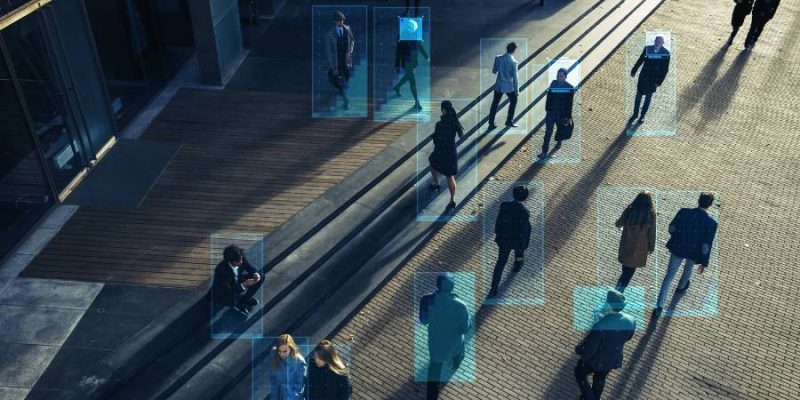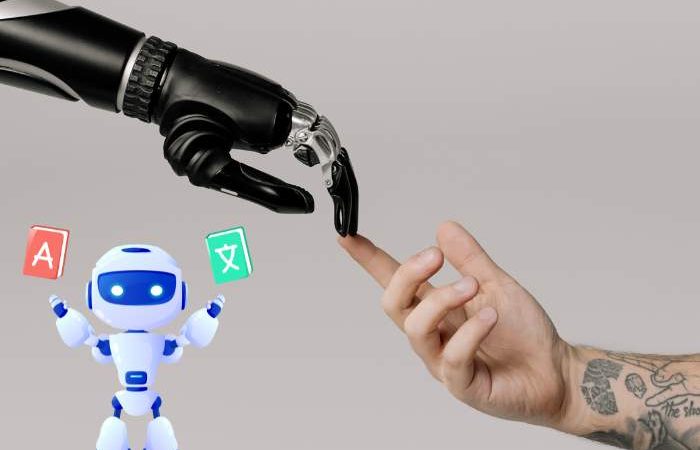

The Ethics of AI Surveillance: How Much Privacy Are We Sacrificing?
In an era where technology evolves faster than ever, we are witnessing the rise of AI surveillance systems that can track our every move, listen to our conversations, and even predict our behavior. What once seemed like science fiction is now an unsettling reality. The question that haunts us is: how much privacy are we willing to sacrifice for the sake of security? And at what cost?
How AI Surveillance Works
Imagine walking down the street, and every step you take is being monitored. Cameras equipped with facial recognition technology identify you, track your movements, and analyze your behavior. Your smartphone pings nearby sensors, logging your location, your interactions, and even the tone of your voice. This isn’t the plot of a dystopian movie—it’s happening right now.
AI surveillance systems have become incredibly sophisticated. They are no longer just tools to catch criminals; they are all-seeing eyes that collect vast amounts of data about ordinary citizens. From shopping malls to schools, from airports to our own homes, these systems are becoming ubiquitous, creating a digital footprint of our lives that is almost impossible to erase.
The Illusion of Security
Proponents of AI surveillance argue that these systems make us safer. By predicting and preventing criminal activities, they claim to protect society from harm. But at what point does this protection become oppression?
The promise of security is seductive, but it often comes at the expense of our fundamental rights. When every aspect of our lives is monitored, when our personal data is constantly being analyzed, are we truly safe? Or are we simply trading one form of fear for another—the fear of losing our privacy, our autonomy, our freedom?
The Ethical Dilemma: Who Watches the Watchers?
The ethical dilemmas surrounding AI surveillance are complex and deeply troubling. Who has access to this data? How is it being used? And most importantly, who decides what is acceptable?
In many cases, these decisions are being made by governments and corporations, entities that may not always have our best interests at heart. The potential for abuse is staggering. Imagine a world where dissenting voices are silenced, where personal data is used to manipulate or control individuals, where privacy is a luxury only the privileged can afford.
The lines between security and surveillance are becoming increasingly blurred, and the consequences for our civil liberties could be catastrophic.
Read also: The Ethical Dilemma of Adult AI Apps
How about Home Security
Privacy concerns in AI-powered home security systems primarily revolve around the extensive collection and storage of personal data, such as video recordings, facial recognition data, and behavioral patterns. These systems often rely on cloud storage, raising the risk of data breaches and unauthorized access.
Additionally, the use of biometric data, like facial recognition, can be intrusive, potentially leading to misuse or tracking without consent. The constant surveillance that AI security systems enable can also erode privacy within the home, as intimate moments may be inadvertently captured and stored. Balancing the need for security with the protection of personal privacy is a critical challenge that must be addressed as these technologies become more widespread.
The Impact on Civil Liberties
AI surveillance has the potential to erode the very foundations of democracy. When citizens are constantly being watched, it creates a chilling effect on free speech, free assembly, and the right to protest. People may start to self-censor, afraid that their opinions or actions could be used against them.
Moreover, AI surveillance systems are not infallible. They can be biased, making mistakes that can lead to wrongful arrests, discrimination, and unjust treatment. When algorithms, rather than humans, make decisions about our lives, who is held accountable for these errors?
Striking a Balance: Security vs. Privacy
So, where do we draw the line? How do we strike a balance between the need for security and the right to privacy?
One approach is to demand transparency and accountability. Governments and corporations must be held responsible for how they use AI surveillance. There should be strict regulations in place to protect citizens’ rights and ensure that these systems are used ethically.
Additionally, individuals must be empowered to take control of their own data. We need to be aware of the ways in which we are being monitored and have the ability to opt out if we choose.
Conclusion: The Choice is Ours
The rise of AI surveillance presents us with a stark choice. We can choose to live in a world where security is prioritized at the expense of our privacy, or we can fight to protect our fundamental rights.
The technology may be new, but the ethical questions it raises are as old as civilization itself. In the end, the choice is ours to make—but we must make it before it’s too late.
The future of our privacy, our freedom, and our humanity hangs in the balance. Are we ready to make the right choice? The clock is ticking.
This article is designed to provoke thought, stir emotions, and spark debate. If you believe in the importance of this conversation, share it with others. Let’s make our voices heard before it’s too late.
What is your reaction?





















